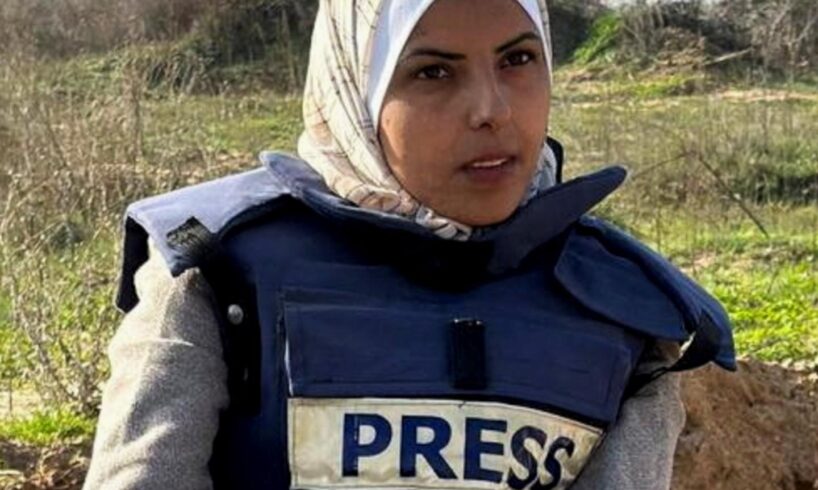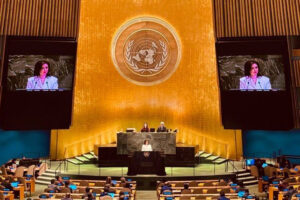
The deadly war waged by Israel against Gaza since the Hamas terrorist attack on October 7, 2023, has also claimed among its victims a fundamental right: freedom of information. For nearly two years, Israeli authorities have banned the press from freely entering the narrow strip of land. This is unprecedented for a territory so often subjected to the violence of war, and is unworthy of a country that prides itself on being the only democracy in the Middle East.
Nothing can justify such an information blockade. Yet, it has been tolerated without debate by many of Israel’s Western allies, who claim to defend the right to information as a matter of principle. The United States, above all, has never once demanded an end to this practice, which is worthy of the world’s worst regimes. The countries of the European Union have also remained silent, despite the fact that their trade partnership agreement with Israel explicitly makes respect for human rights an essential condition of the relationship.
This shameful silence from democracies has allowed Israel’s governing coalition to cross far too many lines, without ever being challenged on what it was so determined to hide from the world’s eyes. Imposing a media blackout and delegitimizing Palestinian voices by systematically accusing them of ties to the Islamist militia Hamas has ensured impunity, including for the killing of journalists in Gaza.
The journalists killed in the Israeli airstrikes on Nasser Hospital in the Gaza Strip on August 25, 2025. From left to right: Hussam al-Masri, a Reuters contractor who worked at Nasser Hospital; Mariam Abu Dagga, who freelanced for the Associated Press; Moaz Abu Taha, an independent journalist who worked for several media organizations, including Reuters, at Nasser Hospital; Mohammed Salama, who worked for Qatar-based Al Jazeera; and Ahmed Abu Aziz. HANDOUT / VIA REUTERS
This strategy of rendering the situation invisible deprives the international press of the freedom to report. It coincides with a conduct of war that has made this the deadliest conflict for journalists in history. To date, more than 200 journalists – most of them Palestinian – have lost their lives in the bombings that have turned the narrow strip into a field of ruins. Some were killed in indiscriminate strikes, sometimes alongside their families. Others died while covering the bombings despite the danger, out of a sense of duty to inform. Still others were deliberately targeted, despite Israeli denials, including those working for internationally recognized media outlets who were killed on August 10 and August 25.
In June 2024, when about 100 Palestinian journalists had already been killed, a collaborative investigation published in Le Monde and coordinated by the organization Forbidden Stories highlighted Israel’s particularly aggressive strategy toward the press. This is part of a broader trend, but the current war has marked a dramatic escalation.
Read more Journalists killed in Gaza: In an open letter, journalists’ associations join Reporters Without Borders call for action
Calls for a ceasefire and lifting of restrictions on crucial food aid for a territory where, according to United Nations experts, famine is raging, must therefore be accompanied by two demands: the protection of journalists in their work, regardless of which media outlet employs them, and the opening of Gaza to the international press. This is the objective of the campaign launched on September 1 by Reporters Without Borders. As Israel has remained deaf to the injunctions of institutions defending press freedom, governments concerned about freedom of information must make it absolutely clear that persistence will come at a cost.
Translation of an original article published in French on lemonde.fr; the publisher may only be liable for the French version.





